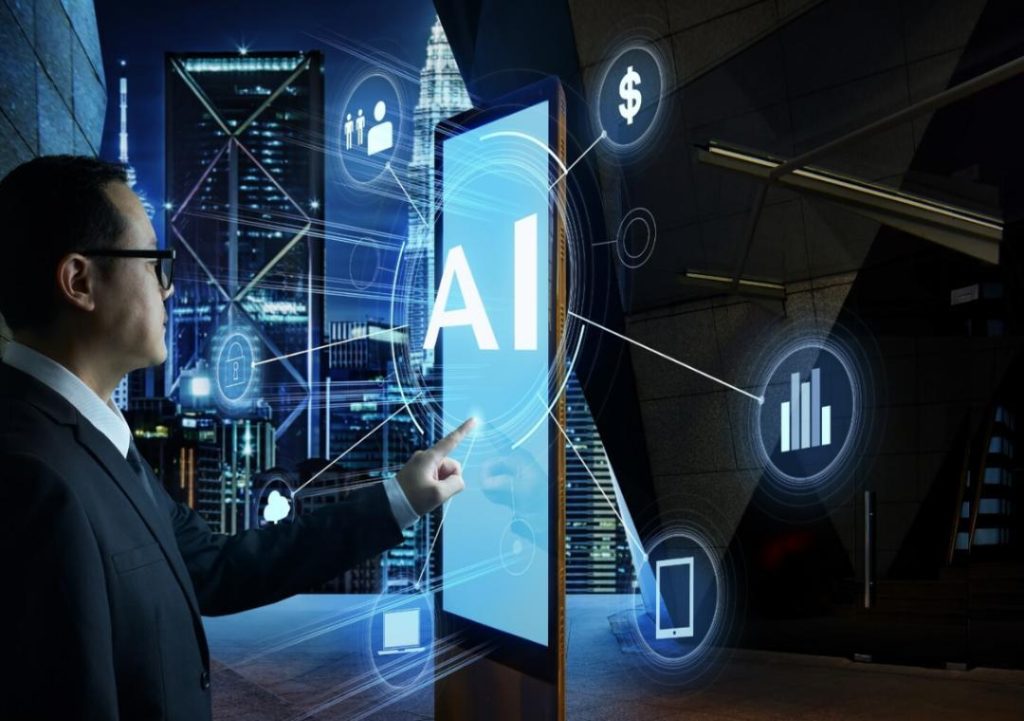
AI & ML now power over 77% of business processes
The world is undergoing a significant transformation, fueled by the widespread adoption of Artificial Intelligence (AI) and Machine Learning (ML). These technologies, once considered futuristic concepts, have become operational essentials for businesses seeking to stay competitive in a digital-first world. According to a recent report, over 77% of enterprises now use AI/ML to improve productivity, reduce costs, and personalize user experiences. This shift is no longer optional; it’s fundamental to survival.
The benefits of AI/ML are undeniable. By automating repetitive and mundane tasks, businesses can free up human resources to focus on high-value activities that drive growth and innovation. AI-powered tools can analyze vast amounts of data, identify patterns, and make predictions, enabling companies to make data-driven decisions and stay ahead of the competition.
One of the most significant areas where AI/ML is making a significant impact is in customer service. Chatbots, powered by AI, can now handle customer inquiries, provide personalized support, and even resolve issues autonomously. This has led to a significant reduction in response times, increased customer satisfaction, and a significant decrease in the workload for human customer support agents.
AI/ML is also revolutionizing the way businesses detect and prevent fraud. Traditional methods of fraud detection relied on rule-based systems, which were often ineffective and prone to false positives. AI-powered systems, on the other hand, can analyze vast amounts of data in real-time, identifying patterns and anomalies that may indicate fraudulent activity. This enables businesses to take swift and targeted action to prevent fraud, reducing the financial and reputational risks associated with it.
Another area where AI/ML is having a significant impact is in supply chain management. AI-powered systems can analyze vast amounts of data, including weather patterns, traffic congestion, and shipment delays, to predict and prevent disruptions to the supply chain. This enables businesses to optimize their logistics, reduce inventory costs, and improve delivery times.
AI/ML is also being used to personalize user experiences. By analyzing vast amounts of data, AI-powered systems can identify individual customer preferences, behaviors, and interests, enabling businesses to provide tailored recommendations, offers, and content. This has led to a significant increase in customer engagement, loyalty, and conversion rates.
So, what’s driving this widespread adoption of AI/ML? The answer lies in the transformative potential of these technologies. By automating repetitive tasks, improving decision-making, and enhancing customer experiences, AI/ML can help businesses increase productivity, reduce costs, and drive growth.
However, the adoption of AI/ML is not without its challenges. One of the biggest challenges is the lack of skilled professionals with expertise in AI/ML. This has led to a shortage of talent in the market, making it difficult for businesses to find and retain the right people. Another challenge is the need for significant investment in infrastructure and training, which can be a barrier for smaller businesses.
Despite these challenges, the benefits of AI/ML far outweigh the costs. As the technology continues to evolve, we can expect to see even more innovative applications across industries. From healthcare to finance, AI/ML is poised to revolutionize the way businesses operate, making them more efficient, effective, and competitive.
In conclusion, the adoption of AI/ML is no longer a trend; it’s a fundamental shift in the way businesses operate. With over 77% of enterprises already using AI/ML to improve productivity, reduce costs, and personalize user experiences, it’s clear that this technology is here to stay. As businesses continue to adopt AI/ML, we can expect to see even more transformative results, driving growth, innovation, and competitiveness in the digital-first world.
Source: https://www.growthjockey.com/blogs/what-is-ai-and-ml-how-is-it-important






